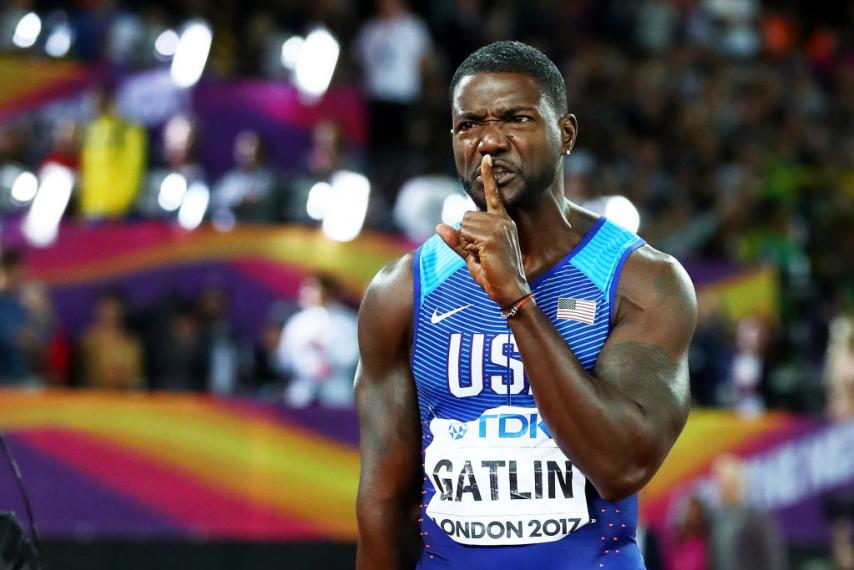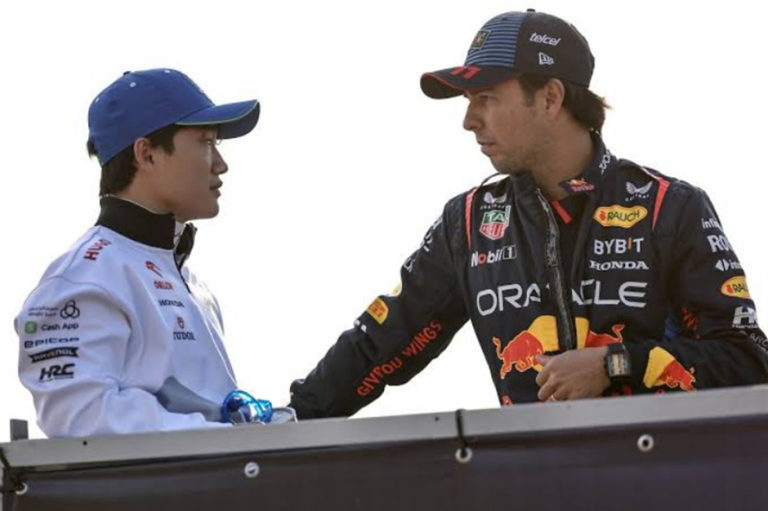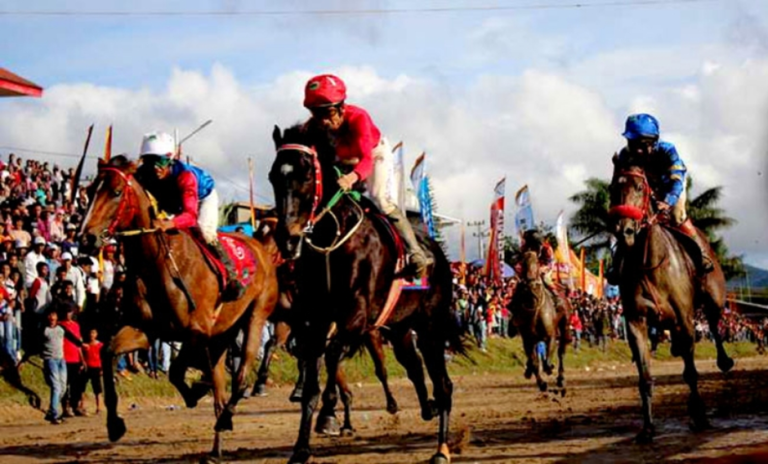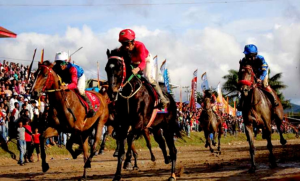United States Anti-Doping Agency (USADA) and the Athletics Integrity Unit are investigating allegations that members of Justin Gatlin’s team offered to supply performance-enhancing drugs.
The Daily Telegraph on Monday claimed that members of the world 100-meter champion’s entourage said they could provide prescriptions in a false name and smuggle substances into America.
Gatlin’s coach, Dennis Mitchell, and athletics agent Robert Wagner are alleged to have told undercover reporters at Gatlin’s training camp in Florida that they could supply and administer testosterone and human-growth hormone obtained from a doctor in Austria for $250,000.
The journalists posed as representatives of a production company that wanted to make a film about athletics and was looking for help to get the lead actor into shape for the role.
Gatlin, who was pictured with one of the undercover reporters, has reportedly sacked his coach and denies any wrongdoing.
USADA issued a statement confirming its investigation and noted the 35-year-old, who was previously banned for doping in 2001 and 2006, was innocent unless proved otherwise.
The statement read: “Investigations stemming from tips and whistleblowers play a critical role in anti-doping efforts. We are presently coordinating with the Athletics Integrity Unit in order to investigate these claims fully.
“As with all investigations, we encourage individuals with information to come forward as an important tool to help protect clean athletes.
“Importantly, individuals are innocent unless and until the established process determines otherwise. It’s only fair to let due process occur before jumping to any conclusions.”
Brett Clothier, head of the Athletics Integrity Unit, said: “These allegations are very serious and strike at the heart of the integrity of athletics. The IAAF Anti-Doping Code and Code of Conduct applies not just to athletes, but also athlete support personnel.
“The Athletics Integrity Unit will be investigating this matter in co-operation with USADA and we hope the Daily Telegraph will provide information to assist.
“The use of new methodologies and designer drugs has always been a challenge for the anti-doping movement and this continues to this day. In this era, we understand that we cannot rely on testing alone to defend the sport against doping and so the AIU is both building its investigations and intelligence capability and implementing an intelligence based re-testing policy to meet such challenges.”
In a statement to the Telegraph, Mitchell said: “I never suggested in any way that any of my current athletes used any banned substances or that I was familiar with training any of my current athletes with those substances.”
When contacted by Omnisport, Wagner said he will be seeking legal advice.
Gatlin’s checkered past has resulted in him being viewed as a pariah by many athletics fans and he was booed after preventing Usain Bolt from defending his 100-meter title in the celebrated Jamaican’s swansong at London Stadium in August.
IAAF president Sebastian Coe said: “These allegations are extremely serious and I know the independent Athletics Integrity Unit will investigate in accordance with its mandate.
“Under the IAAF Rules, all athlete support personnel – agents, coaches etc – are bound by both the IAAF anti-doping code and IAAF integrity code of conduct. The AIU has investigative powers and the independent Disciplinary Tribunal has sanction powers for those found in breach of these.
“However, the IAAF recognizes as an industry we need to do more and we are. Focusing on the influences that surround athletes is a critical area of work – from transfer of allegiance rules (which remain frozen in our sport) through to agents and coaches. We are looking at who we want in our sport. We are working with member federations on how we move to an official accreditation system for support personnel so athletes have choices and assurance in those choices.”
















